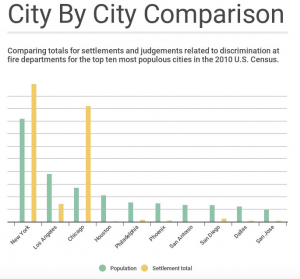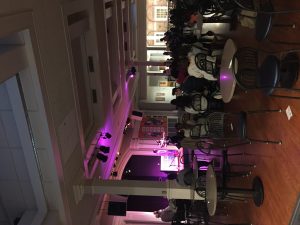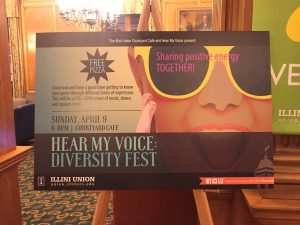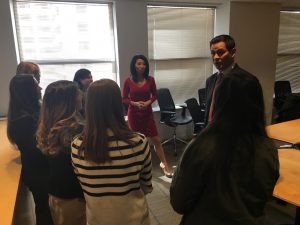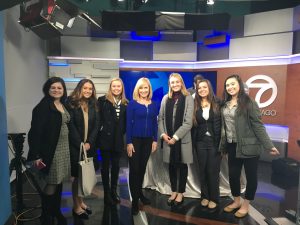Chapter 17 of Steritmatter’s Mightier than the Sword gives ten reasons for why and how journalists have shaped history. My favorites are:
- The news organizations that have been influenced important events have been willing to set the agenda.
- Many of the news organizations that have shaped history have placed journalistic principle above financial gain.
- An important characteristic of many of the news organizations that have influenced history has been an eagerness to harness the power of visual images.
Out of the ten points listed, these are the ones that resonated with me the most.
Throughout the semester in Journalism 200, I have come to realize the integral part that journalism plays in society. Covering important and controversial issues takes bravery and a strong mind to be able to set the agenda in order to find out the truth.
As an advertising student, I am very interested in imagery and its influences on the human mind. Most of my curriculum is studying how words and images affect people’s thoughts and actions so that one day we can develop campaigns that will influence consumers into buying the brands we represent.
I believe that the pen is a mighty tool, after all that is what this book is all about, but images play a really important role in proving to the reader what something actually is like. Images cause reactions and draw attention because of the inherently visual nature of humans.
Journalism has shaped American history and I cannot begin to think of where we would be without it.


